The MolinaCares Accord Michigan Health Equity Challenge Finalists

The University of Michigan School of Public Health has named 14 student finalists in the Michigan Health Equity Challenge. The initiative, funded by a $100,000 grant from The MolinaCares Accord and Molina Healthcare of Michigan, provides students with resources and support in the development of innovative solutions to Michigan’s pressing health equity concerns. The two winning projects will each receive an additional $50,000 from MolinaCares to implement their solutions.
Meet our finalists:
WOLFGANG BAHR & IRVING SUAREZ
Project:
Developing a program for Latin American immigrants in Michigan to address heart disease through stress management and community health leadership initiatives.

Wolfgang Bahr is pursuing a dual-degree MSW in Global Social Work and an MPH in Health Behavior and Health Education at the University of Michigan. Originally from the Dominican Republic, Bahr moved to Michigan, working as a community health worker and health care navigator before starting his Master’s. His professional experience has provided him with invaluable insights into the challenges individuals face when navigating complex health systems and understanding the impact of social and environmental factors on well-being. He’s interested in holistic health equity, examining individual social and environmental factors and considering the impact of built surroundings through an environmental justice perspective. Advocating for restorative practices for community health, he aims to address individual health and societal structures contributing to health disparities. He aims to create equitable environments that prioritize well-being and the importance of justice in building a healthier, more inclusive world by understanding and addressing social determinants of health. In his free time, Bahr enjoys reading, baking, spending time with his dog, and caring for his many plants. He dedicates time to volunteering as the co-founder and vice-president of the Social Work Environmental Equity Taskforce, contributing to initiatives that align with his commitment to environmental and social justice.

Irving Suarez is a first-year graduate student pursuing a Master’s in Public Health in Health Behavior Health Education. He is passionate about interdisciplinary approaches to address health disparities and health inequities. Research interests include the impacts of mental health on overall wellness amongst Latin American Immigrants. He believes health equity is not just an optional add-on, it is a fundamental need in promoting optimal health outcomes for everyone. With a dedication to health equity, he aims to build bridges between individuals, healthcare systems, and the environment. By utilizing the skills and knowledge he gathers during his time at the university, he aspires to make a significant impact in the public health domain, endorsing and implementing the notion that health is not a privilege, but a right. During his free time, Suarez enjoys running, trying new restaurants, and spending time with loved ones. He is part of the e-board of La Salud and a member of the Public Health Action Support Team, allowing him to connect and be involved with both the campus and local communities.
“We aim to ensure that everyone, regardless of their background, has equitable access to quality healthcare. This mission resonates with us because we have collectively observed the far-reaching effects of inequality on individuals and communities. It’s not just a professional aspiration; it’s personal, driven by our experiences and a desire for a fairer, healthier world.”
To learn more, read Wolfgang Bahr and Irving Suarez’s blog post.
MEHAK BHANSALI
Project:
Develop a comprehensive intimate partner violence (IPV)-resource toolkit delivered as a mobile application that will be divided into five IPV-centric resource pillars: law, finance, food and clothing, children, and mental health. The application aims to be a vital tool in advancing health equity by eliminating the complexities women encounter while finding and accessing IPV support resources.
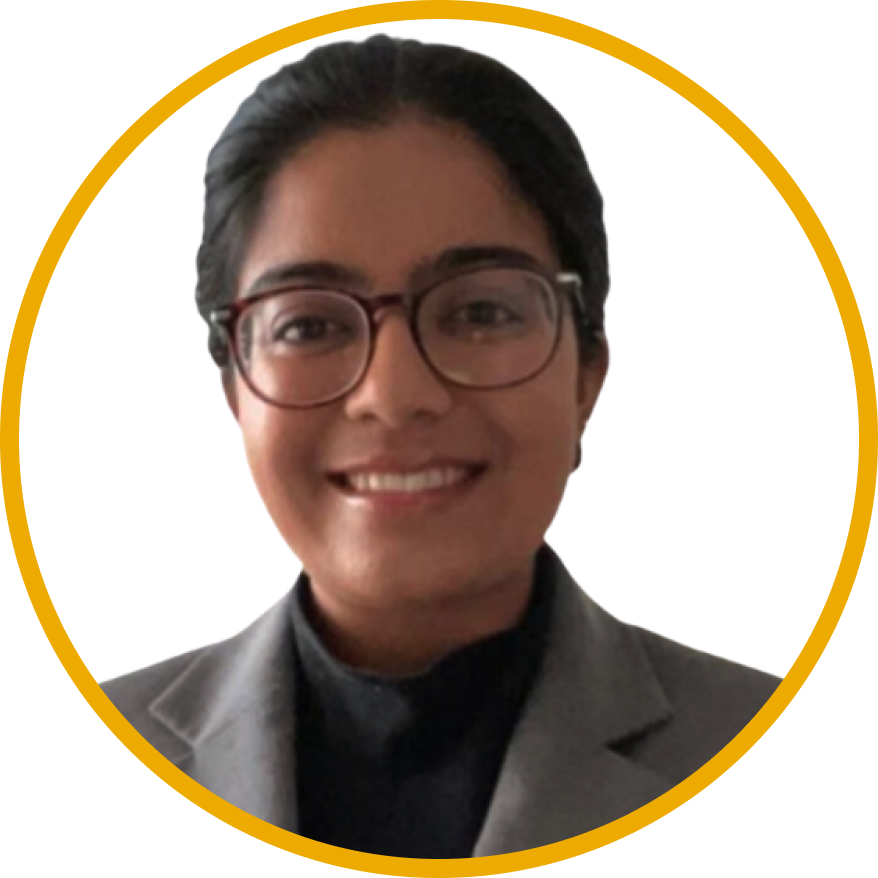
Mehak is currently a first-year MPH student in the Health Management and Policy program at the University of Michigan School of Public Health. Her academic journey began with a double major, culminating in a Bachelor of Science in Biology and Psychology, Neuroscience, & Behavior from McMaster University in Canada. During her undergraduate years, she actively engaged in various health-based organizations, notably as a fundraising officer for Medlife, a not-for-profit organization dedicated to improving healthcare, education, and infrastructure in low-income communities. Additionally, she joined the Rare Disease Review journal as an editor, contributing to the discourse surrounding rare diseases from a health policy and research perspective. After completing her bachelor’s degree, Mehak volunteered as a group facilitator for women experiencing IPV. Here, she witnessed the challenges these women faced, particularly in navigating available IPV resources. The lack of knowledge and confusion surrounding these resources demotivated many from seeking help, significantly impacting their physical and mental health. With these experiences as motivation, Mehak is pursuing her MPH with a keen interest in the intersection of health policy and health equity. Her goal is to leverage her robust background in health policy to foster a positive change in healthcare accessibility, affordability, and infrastructure.
“The socioeconomic disadvantages of families [with limited healthcare access] hinders access to adequate healthcare, leading to disproportionate health issues. [This] inspired me to probe deeper into how the healthcare system could do better to eliminate disparities in healthcare access and ensure equitable opportunities for all.”
To learn more, read Mehak Bhansali’s blog post.
NATALIE DELISO & BROOKE TROXMONDO
Project:
Our project aims to address health disparities in southeastern Michigan by conducting a geospatial analysis of health, social, and environmental indicators which will identify opportunities to implement a series of housing design strategies aimed at improving health outcomes.
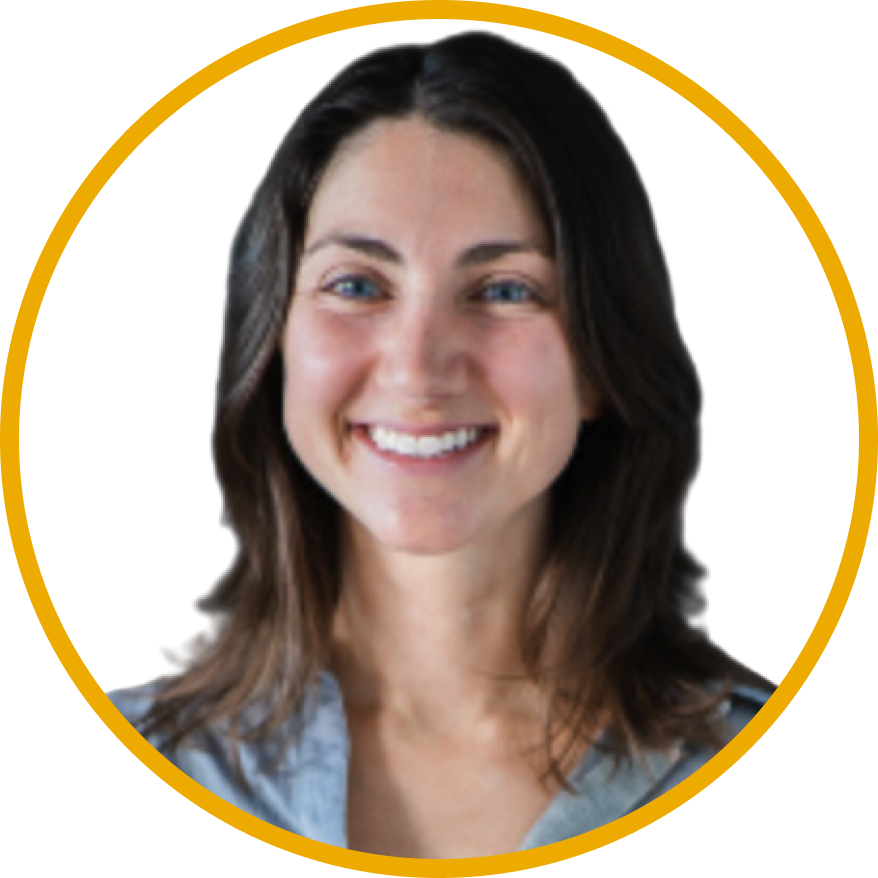
Natalie DeLiso (she/her) is currently a Master of Architecture student with a concentration in Design and Health at the University of Michigan’s Taubman College. She holds a Bachelor of Science in Architecture from Tulane University with minors in sociology, real estate, and urban studies. As a Dow Sustainability Fellow affiliated with the Graham Institute, Natalie collaborated closely with Habitat for Humanity, leveraging her expertise to propose evidence-based design strategies aimed at enhancing health outcomes. Her professional focus centers on advancing health equity within the built environment, underscored by a firm conviction in the transformative potential of design to positively impact human well-being.
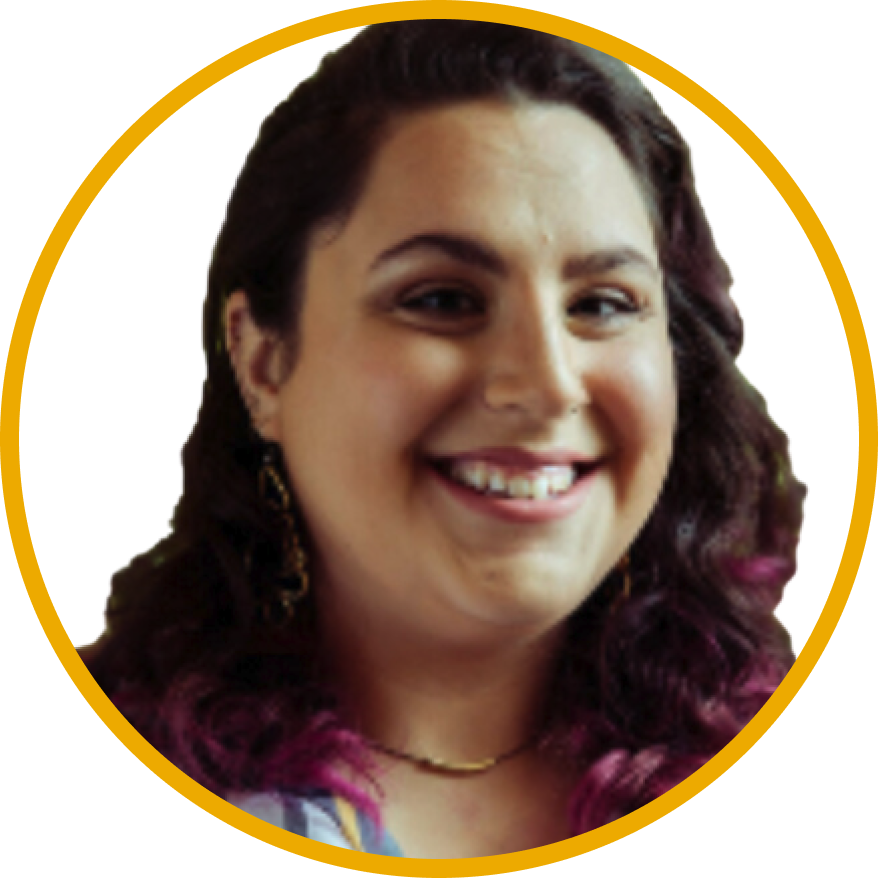
Brooke Troxmondo (she/her) is currently a dual degree Master’s student studying Urban and Regional Planning and Environmental Justice at the University of Michigan. Brooke is originally from Spartanburg, SC and spent several years in Oklahoma City, OK before moving to Ann Arbor, MI for graduate school. She has a Bachelor’s of Science in Biology with Neuroscience and Women and Gender Studies minors. She is interested in reparative planning and working to empower communities around issues of climate resiliency, adaptation, sustainability, and equity. As a Dow Sustainability Fellow affiliated with the Graham Institute, Brooke was excited to bring her geospatial analysis skills and passion for equity and sustainability to a collaboration with Habitat for Humanity.
“Our zip codes still reflect patterns of historical inequitable housing practices which exacerbate health inequalities in our communities. By utilizing a unique and hyper-local map of health, social, and environmental indicators to emphasize the links between the built environment and health, we can make a substantial impact on health equity.”
To learn more, read Natalie DeLiso and Brooke Troxmondo’s blog post.
EUNJI KO
Project:
This project aims to address oral health disparities among low-income children in Michigan, particularly in Detroit, by bridging communication gaps between dental non-profit organizations, schools, and parents. Through community-level engagement and educational presentations at school events, my initiative aims to instill a shared understanding of oral health’s significance, fostering collaborative solutions and promoting behavioral changes.

Eunji, a native of South Korea, found her passion for promoting health equity during a pivotal moment in the summer of 2020. While shadowing a pediatric dentist in preparation for dental school, she witnessed firsthand the stark contrast in dental experiences for children. This experience shattered her naive belief in the simplistic notion that “healthy teeth are one of five blessings of life.” Instead, she recognized that oral health disparities were deeply rooted in social determinants, disproportionately affecting underserved communities.
Eunji’s realization went beyond the realm of dentistry, unveiling a broader understanding that oral health is intricately linked to broader issues of equity. Her commitment to proactive and inclusive care was ignited as she witnessed infants with a mouthful of cavities, highlighting the profound impact of social factors on dental health. This revelation has become the driving force behind Eunji’s mission to enhance dental care access for underserved communities.
A Tufts University graduate and now a first year student in University of Michigan School of Dentistry, Eunji aims not only to care for teeth, but also to advocate for systemic changes that promote health equity, recognizing the interconnected nature of oral health and overall well-being.
“Through community-level efforts, I aim to foster collaborative solutions that resonate with local communities, with a focus on conveying the importance of oral health through educational presentations at school events.”
To learn more, read Eunji Ko’s blog post.
XINYU LIANG
Project:
In recognition that many students may face barriers to seeking in-person support for mental health services, such as stigma, shame, or fear of disclosure to parents or teachers, I propose an innovative community-based program that leverages audio-only telehealth and family support. Through this, I aim to bridge these gaps and ensure that mental health consultation is a right, not a privilege.

Xinyu is a PhD candidate in Technology and Operations at the Ross School of Business, University of Michigan. She conducts research in the healthcare supply chain, focusing on the quality and accessibility of medications and care delivery. Her research has provided insights into equitable access to healthcare resources under diverse insurance payment models, retail drug pricing schemes, and in the face of drug shortages. She has established research collaborations with industry practitioners, scholars, and frontline professionals in the pharmaceutical and medical industry. Her research is currently under review at Management Science, Production and Operations Management, and Cancer. She has served as a consultant to several leading pharmaceutical companies at McKinsey and IQVIA. Her work has provided actionable insights that inform decision-making for both policymakers and business collaborators.
“I aim to reduce healthcare disparities, particularly in access to mental health care, among marginalized populations. By offering a more affordable and readily available option, which has become a permanent feature since the pandemic, we are dedicated to expanding access to care for low-income populations.”
To learn more, read Xinyu Liang’s blog post.
OLIVIA MORRIS
Project:
My proposal aims to address health coverage gaps in Washtenaw County, with a specific focus on the needs of the African-American community aged 65 and above. The interventions include providing tailored information on health coverage, particularly for those dual eligible for Medicare and Medicaid. Additionally, the project involves a critical component of relationship-building and outreach efforts within the African-American community, ensuring effective communication and fostering trust for informed healthcare decision-making.

Olivia Morris, currently pursuing a Master’s in Public Policy with a focus on healthcare policy reform, was born and raised in Los Angeles. Observing significant health disparities within the growing homeless population, she spent three years as a mental health counselor for unhoused clients with concurrent mental and physical health diagnoses. Through this experience, Olivia came to believe that the high cost of healthcare often prevents vulnerable individuals from accessing essential services. This sentiment, consistently expressed by her clients, fuels her commitment to making U.S. healthcare more accessible and affordable for low-income people through policy reform. Despite debates about excessive healthcare spending in the U.S. (approximately 1 in 5 dollars goes to healthcare), Olivia highlights that many vulnerable Americans still lack sufficient health coverage. Research shows that uninsured patients face higher out-of-pocket costs for medical care, leading to the avoidance of essential treatments. In her future career, Olivia aims to be a proactive leader in the field, taking action to bring about impactful changes for healthier lives.
“Under the Michigan Health Equity Challenge, my aim is to develop program interventions to address the specific needs of the county’s African-American community aged 65 and above (or nearing this age group).”
To learn more, read Olivia Morris’s blog post.
DAMILOLA OLUKOREDE
Project:
This project involves the development and deployment of a mobile application in tandem with focused public health awareness efforts to help to promote the active participation and retention of African Americans in cancer clinical trials.
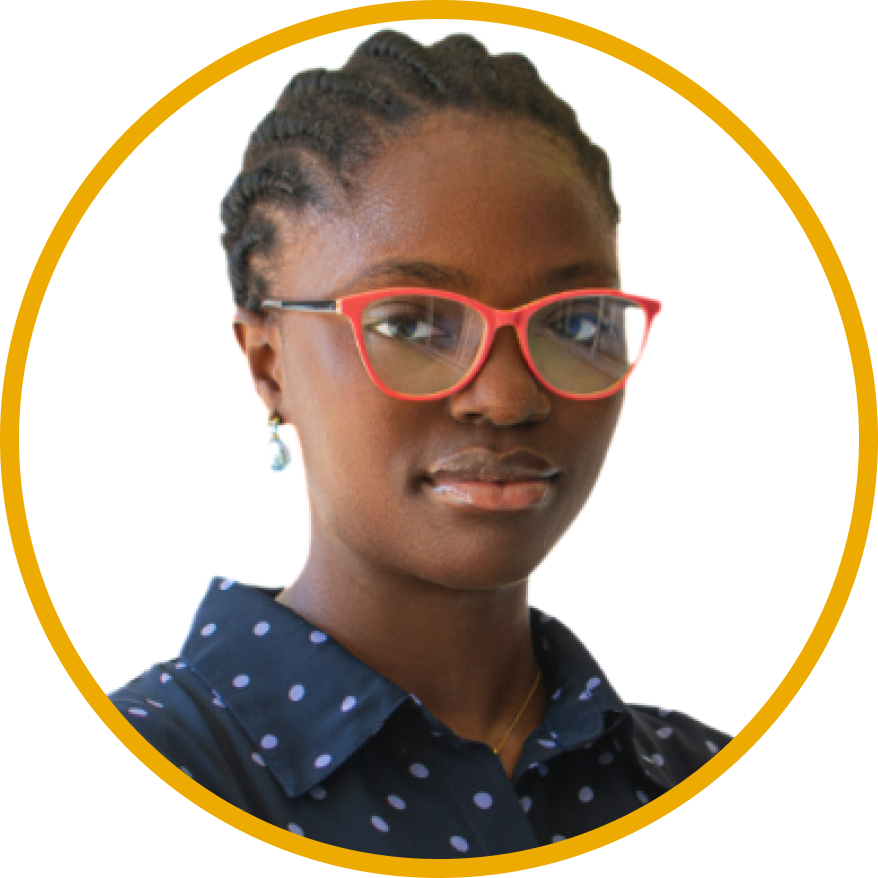
Damilola is a first year Medicinal Chemistry PhD student in the University of Michigan who is enthusiastic about natural products drug discovery and pharmacogenomics. She holds a Bachelor’s degree in Pharmacy from the University of Ibadan, Nigeria, where she finished as the second-best graduating student with multiple distinctions. In the course of her undergraduate degree, she co-founded Little Moms Foundation, a non-profit organization focused on helping pregnant teenage girls in Nigeria complete secondary school education. As a Clinical Pharmacist who was at the forefront of providing pharmaceutical care to several patients at the University College Hospital, Ibadan, she saw firsthand the impact of socioeconomic barriers to medication access on patient care. She subsequently undertook a 3-month internship in the Pfizer Global Regulatory Affairs program during which she engaged in advocacy for clinical trials among Nigerian patients. She previously worked on identifying pharmacogenomic variants that are associated with metabolism of psychotropic medications. She found common and rare variants that may be implicated in drug safety and efficacy among African and South Asian populations. Promoting drug safety, efficacy and access continues to be part of Damilola’s graduate studies and she hopes to achieve this at scale in the nearest future.
“As an aspiring drug research scientist, I am passionate about improving the participation of African Americans in cancer clinical trials – in alignment with my goal of developing safe and effective therapeutic solutions for all.”
To learn more, read Damilola Olukorede’s blog post.
SARAH SHIMIZU & L TANTAY
Project:
As queer and trans people of color, we see our LGBTQIA+ communities of color in Detroit being harmed by a lack of competent mental healthcare. By partnering with a community based organization in metro-Detroit, we seek to improve access for our communities through capacity building training and direct mental health funding for LGBTQIA+ Detroiters of color.

Sarah Kei Shimizu (any pronouns) previously was working in environmental education and sustainable construction settings. Within these settings, she worked on the Justice, Equity, Diversity, and Inclusion (JEDI) board at Group14 Engineering and piloted the company’s gender affirming pronouns initiative, as well as created and presented training for Intersectionality and Intercultural Awareness within the company. These opportunities helped them discover their passion for social and psychological justice through social work. Sarah is passionate about supporting BIPOC, LGBTQ+, and non-monogamous individuals as they navigate life. Currently, Sarah is working to achieve a Masters degree in Social Work from University of Michigan and is a clinical therapist intern at FairSky Foundation.
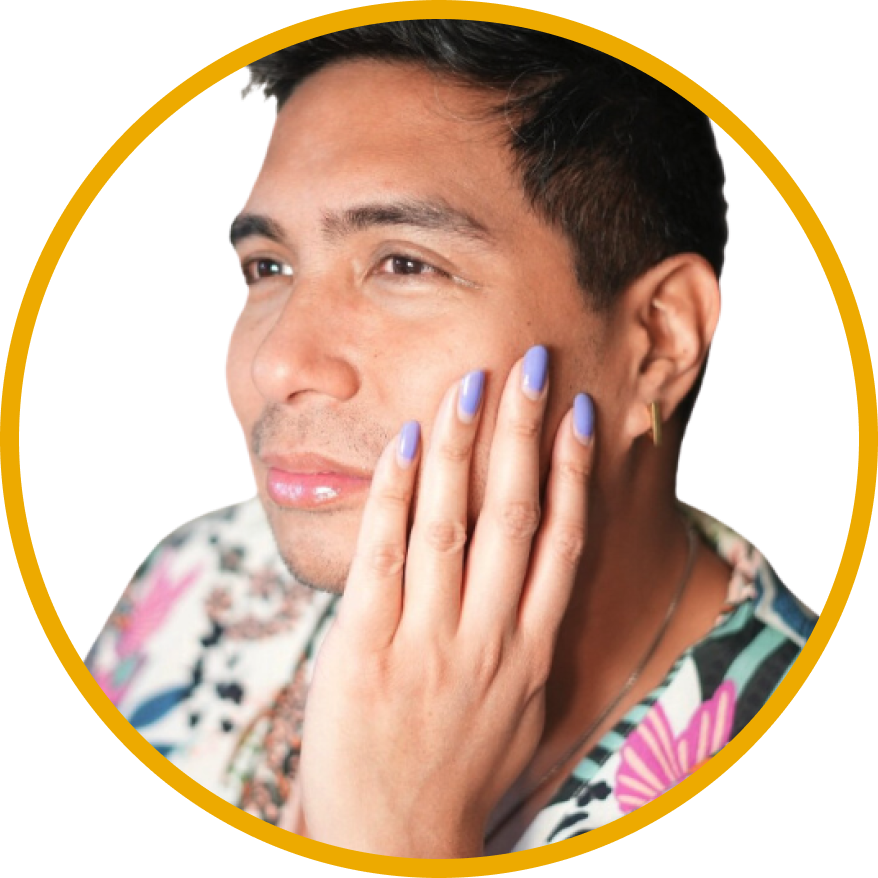
L Tantay (pronouns they/them/theirs) has worked extensively among BIPOC and LGBTQ+ communities in NYC, NYS, and NJ to dismantle barriers to health and wellness. L is currently the president and chief consultant of L Tantay Consulting, Inc., where they provide justice, equity, diversity, and inclusion (JEDI) technical assistance to organizations and institutions for strategic planning, facilitation, and training. Formerly, they were the Acting Director of Race to Justice at the NYC Department of Health and Mental Hygiene and LGBTQ+ Liaison for the agency. Previously, they were the Youth Pride Coordinator at CANDLE in Rockland County, NY where they managed services for LGBTQ+ youth, including support groups, professional development trainings for youth serving professionals. Prior to CANDLE, L was the Community Health Education Coordinator at APICHA Community Health Center and provided sexual health workshops and services to LGBTQ+ BIPOC New Yorkers (particularly of AAPI descent.) They are currently attending the University of Michigan to obtain a Master’s in Social Work degree, and are practicing as a clinical therapist intern at FairSky Foundation in MI.
“The Detroit-Metro area is home to roughly 170,000+ LGBTQIA+ people. People of color are more likely to experience physical health issues due to this, and LGBTQIA+ people of color are less likely to receive therapy, especially youth.”
To learn more, read Sarah Kei Shimizu and L Tantay’s blog post.
SARAH SMALL & ALEXANDRA SOOS
Project:
Our project to address the needs of the unhoused and unsheltered community of Washtenaw by conducting a needs assessment and interviewing individuals with lived experience, connecting with local organizations to maximize utilization of services, and providing supplies necessary for survival with a hope to rebuild trust in a community prone to systematic injustice.
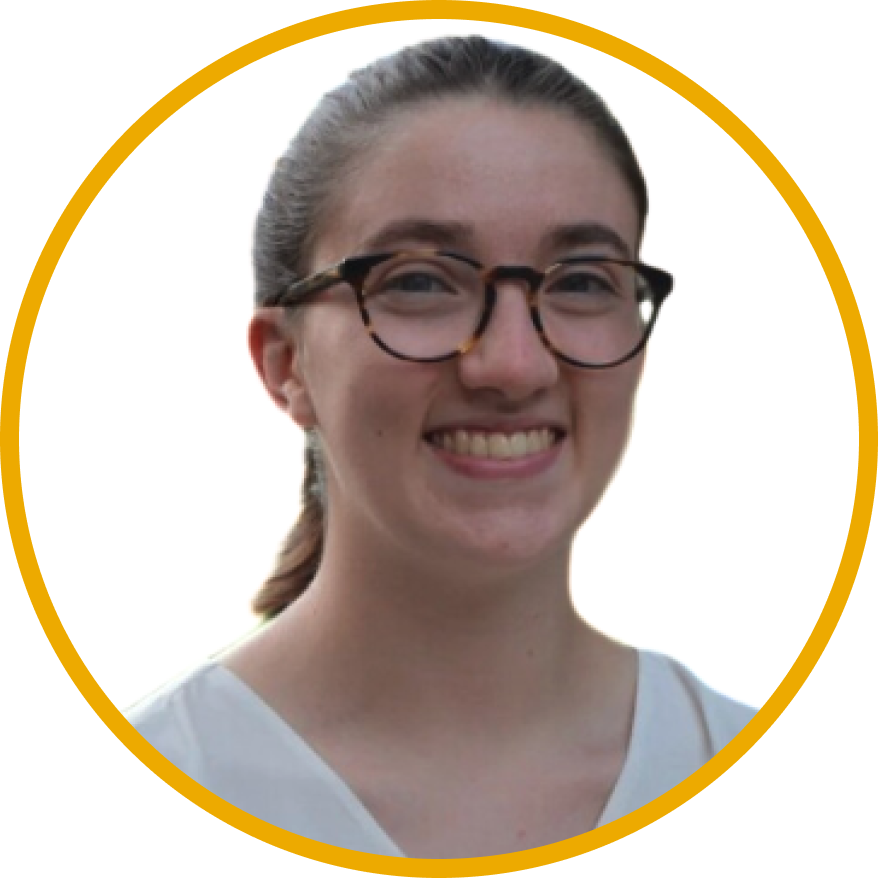
Sarah Small (she/her) is an MD/MPH student at the University of Michigan. She is originally from Pittsburgh, PA, but graduated with her BA in Anthropology from Washington University in St. Louis in 2019. During undergrad, she became more interested in housing as a social determinant of health and completed a thesis about the history of racism in urban planning practices in St. Louis. She then spent a year as an AmeriCorps volunteer at a Community Development Corporation in St. Louis organizing youth sports. In medical school, Sarah is a co-director of Wolverine Street Medicine, which works with unsheltered and unhoused individuals in Washtenaw County and Detroit. Sarah believes that recognizing how racism and the built environment lead to health disparities is vital for her career as a primary care physician. She is interested in combining her future medical practice with community engaged interventions to address health and neighborhood inequity.
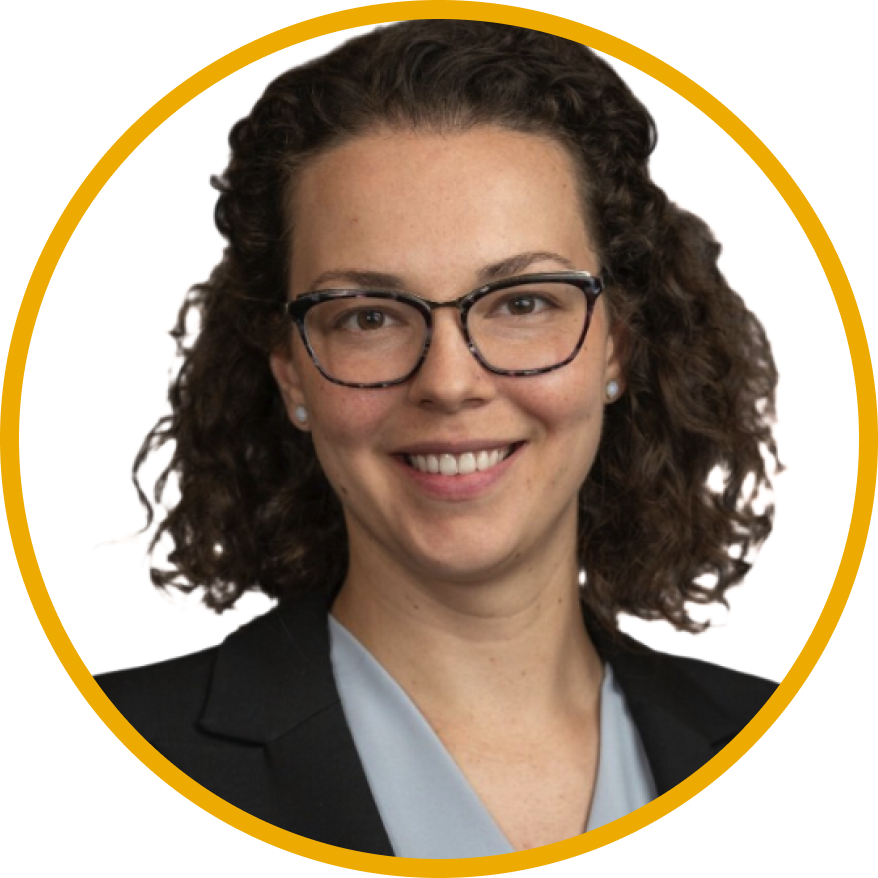
Alexandra Soos (she/her) is an MD/MPH student at the University of Michigan. She is a Michigan-native, having graduated from the University of Michigan with a BS in Neuroscience in 2015. She is interested in education, community, and health as a human right. Following undergrad, she spent two years in Mozambique teaching high school students through the Peace Corps. Upon returning, she worked at Area Agency on Aging on an interdisciplinary project to bring healthcare into the homes of dually-eligible patients. Since starting medical school, Alex has been involved with the UM student-run free clinic and Wolverine Street Medicine to connect individuals with healthcare services and social support. As a future family physician, she believes in the power of compassion and community to help rectify a healthcare system designed to profit on vulnerable people.
“As dual medical-public health students and future primary care physicians and epidemiologists, we believe the current treatment of unhoused people is unacceptable. Our vision is that everyone should have access to the services and housing they desire and do not face the morbidity associated with homelessness.”
To learn more, read Sarah Small and Alexandra Soos’s blog post.
MELISSA ZOCHOWSKI
Project:
Collaborating with neurodivergent patients and clinicians, I will develop and implement sensory-friendly, neurodiversity-affirming reproductive healthcare delivery practices. At increased risk for unintended pregnancy and likely to forego or delay care, neurodivergent individuals of reproductive age represent a significant portion of the unmet need for reproductive healthcare.
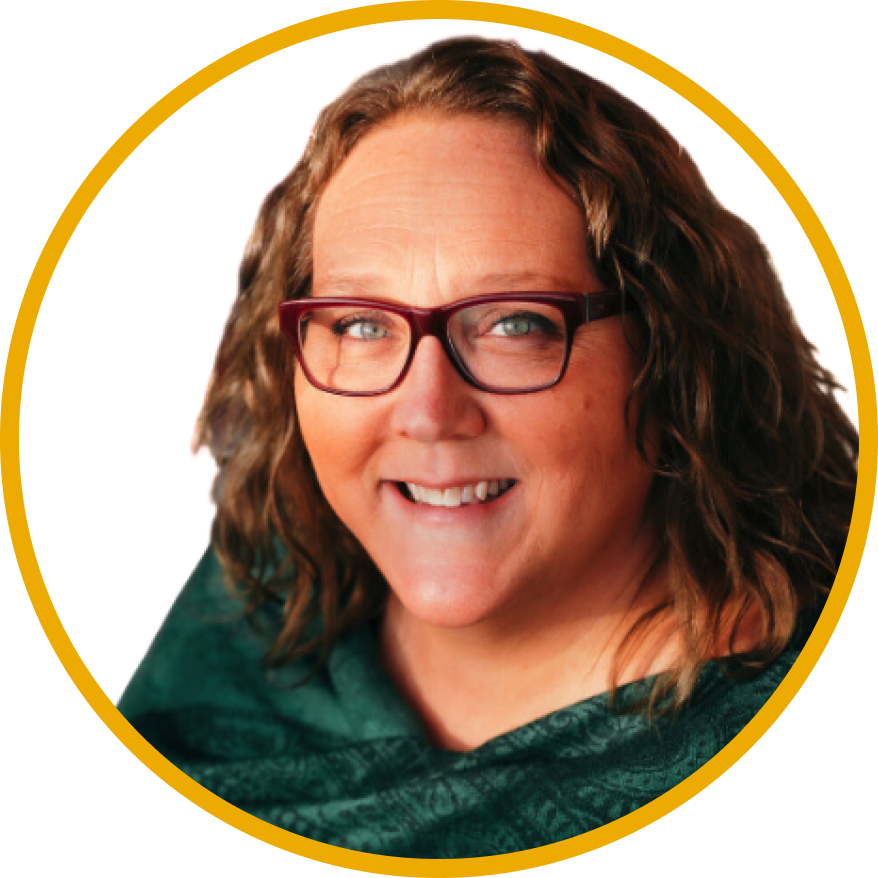
Melissa K. Zochowski is a Ph.D. candidate in the Health Infrastructures and Learning Systems program in the Department of Learning Health Sciences at the University of Michigan Medical School. Melissa holds a BS in Zoology and Environmental Health from Michigan State University, an MBA in Nonprofit and Organizational Management from Eastern Michigan University, and certificates in change management, lean health care, and global health research from the University of Michigan. Melissa’s project and program management background includes work in Emergency Medicine, Pediatrics, and Obstetrics and Gynecology, where she led initiatives in program implementation, quality improvement, and process evaluation. Melissa’s research interests include health services and health policy research in women’s health, the development and implementation of new clinical services, and the impacts of system level decision making on the delivery of care. Melissa is the principal and owner of Grand Sable Research and Consulting and one of the founding members of The Inclusive Care Initiative, a nonprofit aimed at designing and implementing inclusive healthcare delivery systems.
“Adequate, high-quality clinical care is inaccessible to vulnerable segments of the population, including neurodivergent individuals. It is important to me to use my professional background to advocate for better health outcomes and quality of life for the neurodivergent members of my family and to improve the quality of life for as many people as possible.”
To learn more, read Melissa K. Zochowski’s blog post.